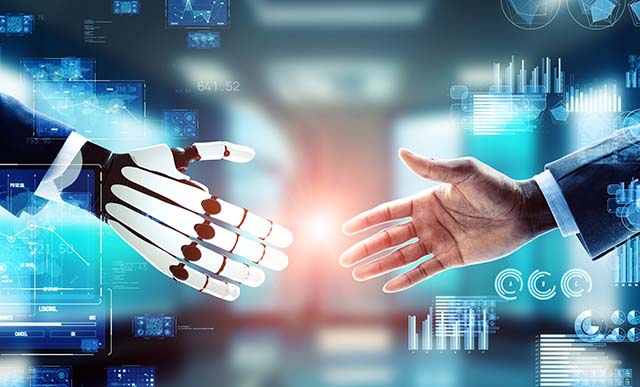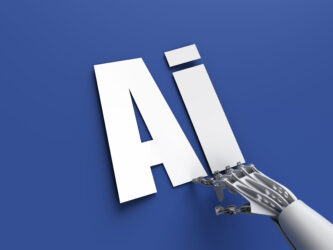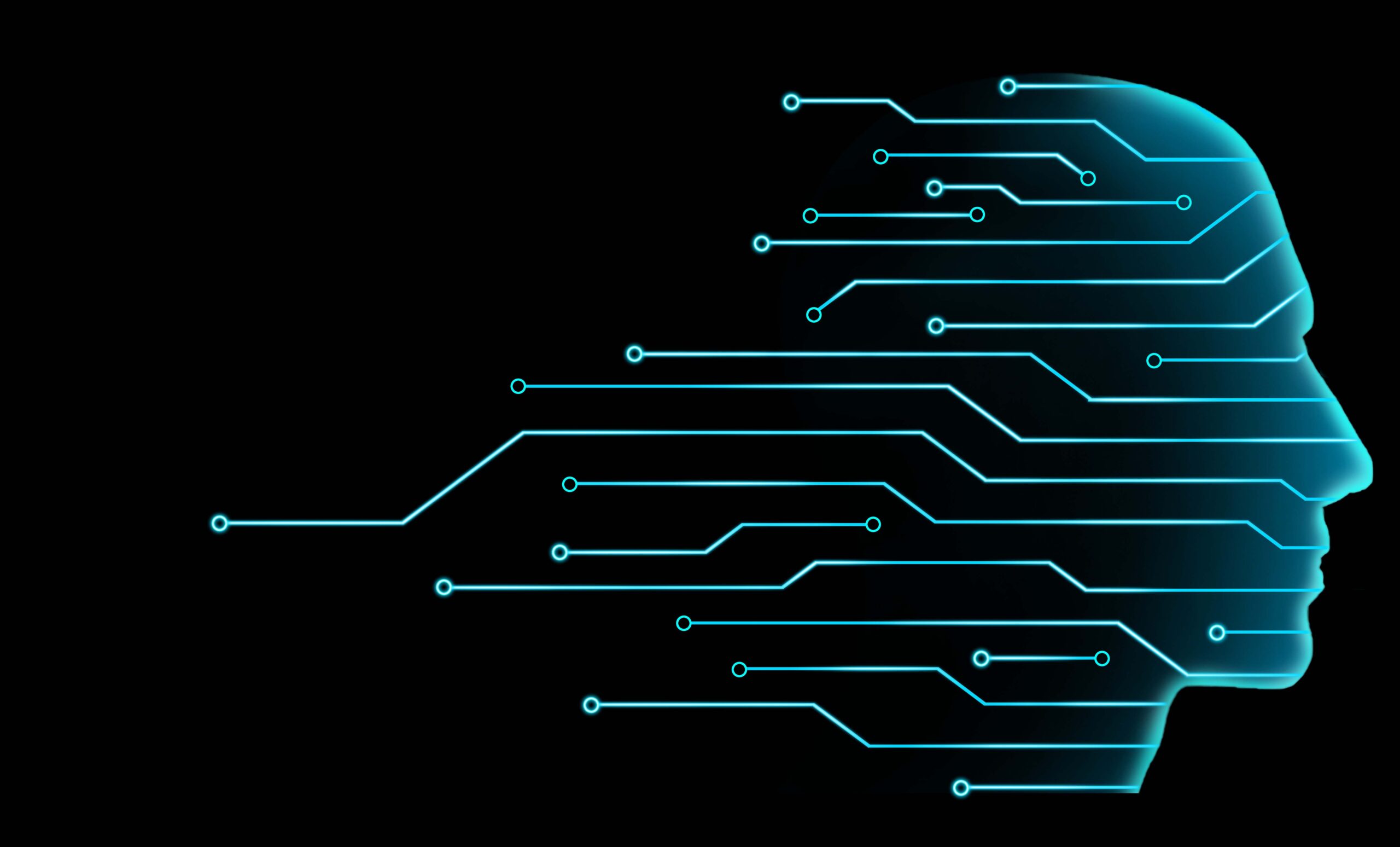Microsoft Makes Strong Play to Drive AI Transformation
Meet the Authors
Key Takeaways
⇨ Microsoft Cloud is powering AI transformation by integrating artificial intelligence capabilities into the Microsoft Cloud solutions that customers currently use.
⇨ The copilots and the AI capabilities built into every Microsoft Cloud experience are powered by Azure AI, the AI platform that organizations can use to build their own copilots.
⇨ Organizations can build transformational experiences into their own apps and services to realize exponential value using Azure AI and Microsoft’s leading AI platform.
Microsoft has been at the forefront of the AI revolution and is driving substantial AI transformations across multiple sectors. Recognizing the potential of AI to shape the future of computing, Microsoft intensified its focus on developing intelligent, responsible, and inclusive AI technologies that can augment human capabilities and productivity. Microsoft Cloud is powering AI transformation by integrating artificial intelligence capabilities into the Microsoft Cloud solutions that customers currently use, which enhance productivity, creativity, efficiency, and innovation. This integration embodies Microsoft’s vision of a co-pilot for every Microsoft Cloud experience while simplifying the process for organizations to construct their own co-pilot solutions utilizing the same stack and AI services that Microsoft has employed. Central to this conversation are two key points: the vital role of data as a catalyst for AI innovation, and the unique value of Microsoft's AI infrastructure.
The copilots and the AI capabilities built into every Microsoft Cloud experience are powered by Azure AI, the AI platform that organizations can use to build their own copilots. Azure AI furnishes a range of ready-made models and cloud services that aid developers and data scientists in constructing and training models for various use cases.










